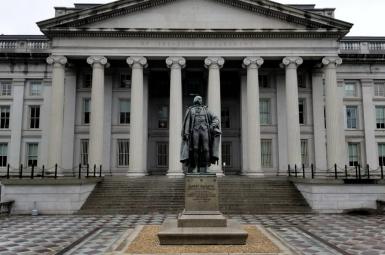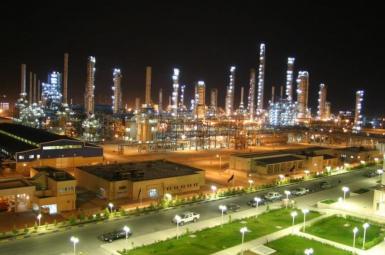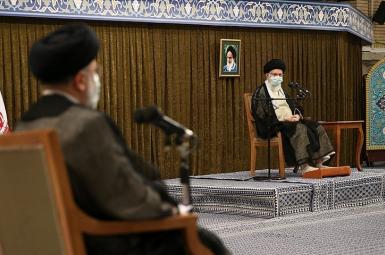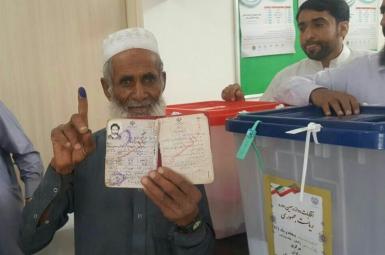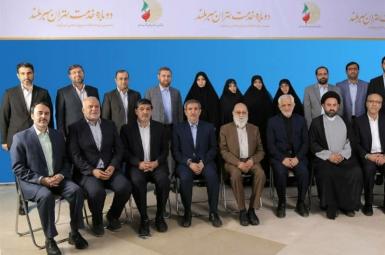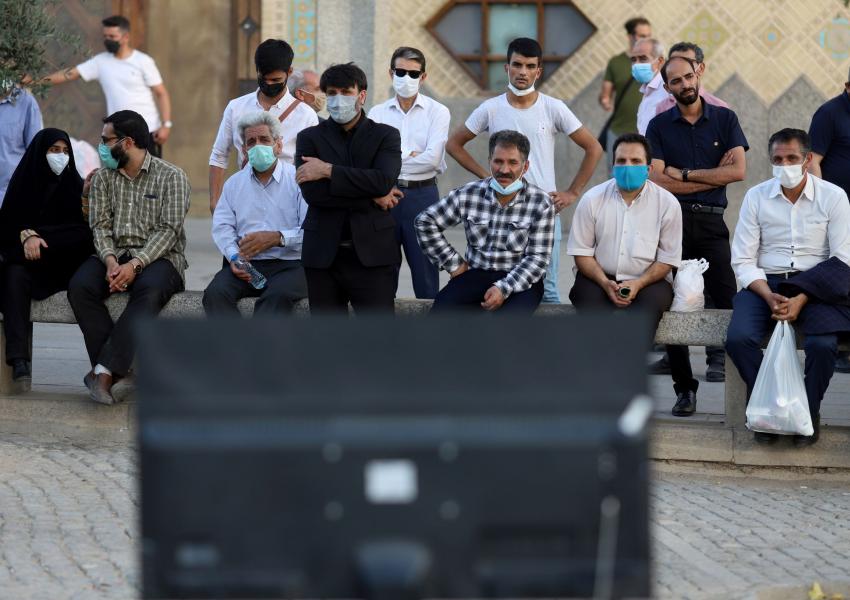
Economic Damage Of Its Foreign Policy Whispered In Iran Presidential Race
Hardline candidates in Iran's June 18 presidential elections have all been promising to solve deep economic problems such as chronic high inflation and unemployment by boosting domestic production and "circumventing" US sanctions. Other candidates and experts, however, say that the country’s ailing economy cannot recover and grow as long as there are sanctions, which in addition to a host of damages also prevent foreign investments.
In a commentary published in Iran newspaper on Sunday, Chairman of Iran-China Chamber of Commerce Majid-Reza Hariri said the country requires a minimum of $50b of foreign investment a year in the next 10 to 15 years for the economy to grow at a rate of 8 percent, needed to redress decades of low growth.
Hariri said at least half of the investment required for reaching a growth rate of eight percent, around $50b a year, must come from foreign investors. He warned that the country has not only failed to attract more than an annual $2.5b in foreign investment on average in the past thirty years.
Abdolnaser Hemmati, one of the two reform-oriented candidates approved to run in the elections, on Sunday said his rivals' promises of overcoming unemployment were impossible without an economic growth rate of at least five percent whereas the average growth rate in the past decades has been around half a percent.
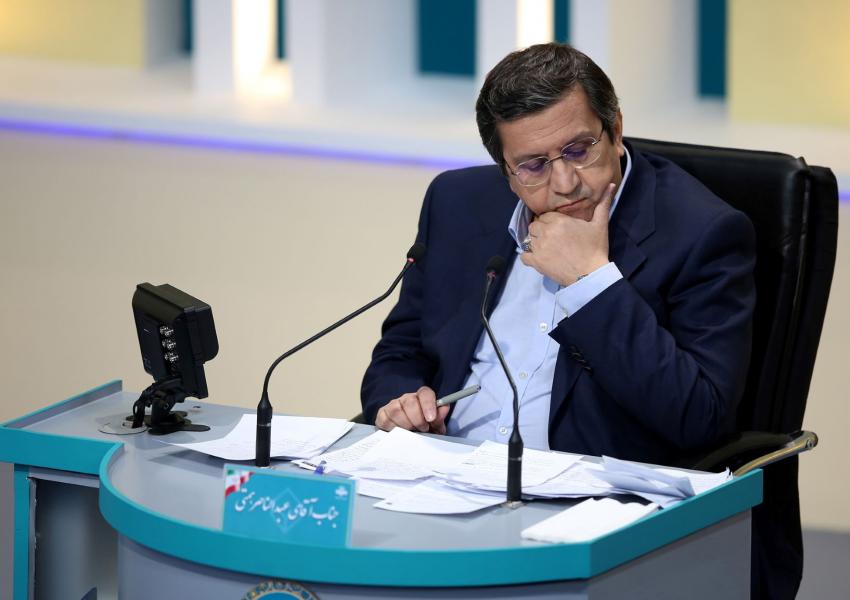
"Let's not pretend, Mr Raeesi," he told Chief Justice Ebrahim Raeesi in the final debate on Saturday. "[International and US] sanctions [and the banking restrictions resulting from sanctions] have damaged our economic relations with the rest of the world in the past ten years.” The damage of sanctions are incalculable for Iran’s economy but certainly is in the tune of hundreds of billions of dollars and except hardliners in Iran everyone else blames on a foreign policy that can be described as "revolutionary", "hegemonic", "anti-Western" or all in one.
Hemmati demanded that Raeesi who is running on a platform of combating poverty and corruption showed "only one country in the world that has [economic] growth without having economic relations with the rest of the world".
Hemmati, the former governor of the Central Bank of Iran, warned in the debate that the victory of hardliners who believe in "circumventing sanctions" instead of working for their lifting would bring on even worse sanctions in the future by a stronger international consensus. Hemmati also carefully hinted that the underlying problem with hardliners, who are supported by Supreme Leader Ali Khamenei, is their reluctance to abandon their revolutionary foreign policy, which ultimately leads to economic isolation.
He also alleged that those who oppose Iran's nuclear agreement with world powers, the JCPOA, and the country's accession to the rules of the international financial watchdog, the Financial Action Task Force (FATF) are "sanctions profiteers". If US sanctions are lifted, the profiteers will lose huge profits to the tune of 3,500 billion rials a year, and this was why they tried to sabotage the deal.
Iran has been on the FATF blacklist since February 2020. Proponents of FATF accession, including President Hassan Rouhani, argue it is needed to expand Iran’s international trade, even if current United States sanctions are not eased.
Hardliners and some principlists argue that such transparency would make Iran vulnerable to US sanctions and curb its ability to circumvent sanctions or support proxy groups, such as the Lebanese Hezbollah. Officials in the Rouhani administration and some reformists have also accused principlists of having a vested interest in practices designed to circumvent sanctions.

